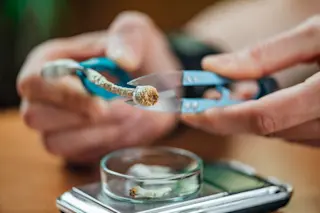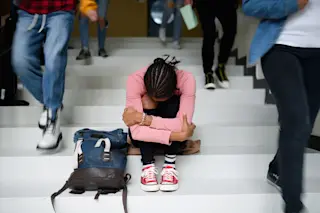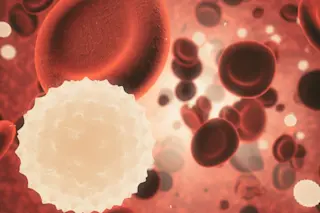Judging when an adolescent’s mood swings are severe enough to warrant medical treatment is one of the toughest calls a parent has to make. And it just got tougher. In October federal health officials announced that antidepressants must carry a black box label—the Food and Drug Administration’s strongest warning—indicating the drugs can cause suicidal behavior in children and teenagers.
Since the generation of antidepressants known as selective serotonin reuptake inhibitors were introduced in the late 1980s, only one—Prozac—has been approved by the FDA for kids. Nonetheless, others, like Paxil, Celexa, and Zoloft, are commonly prescribed.
The FDA ruling was based in part on research that was sponsored by drug companies but never published. One study commissioned by the makers of Paxil—GlaxoSmithKline—found that children aged 7 to 18 who took the antidepressant were up to three times more likely to have suicidal thoughts or display suicidal behavior than children who received ...














